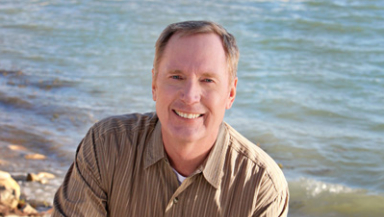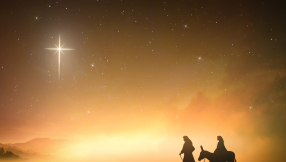
Christian writer and speaker Max Lucado has apologized for a 2004 sermon in which he likened legalizing gay marriage to "legalized incest".
He issued the apology after a petition was launched on Change.org calling on the National Cathedral in Washington DC to rescind an invitation to Lucado to speak on the Holy Spirit.
The petition, signed by over 1,600 people, said that Lucado's "teaching and preaching inflicts active harm on LGBTQ people."
The 2004 sermon said: "How will homosexuality impact our culture? What about the spread of disease? If gay lifestyle and gay marriage is endorsed – what follows? Polygamy? Legalized incest? If we can't draw a line, will lines be drawn at all? Men and women were not intended for identical gender but opposite (sic)."
The petition added, "Fear-mongering and dehumanizing messages from powerful speakers like Lucado have been used to justify rollbacks of LGBTQ rights and to exclude LGBTQ people from civil protections and sacred rites. To our knowledge, Lucado has not publicly renounced these views."
In response, Lucado, pastor of Oak Hills Church in San Antonio, Texas, said: "In 2004 I preached a sermon on the topic of same-sex marriage. I now see that, in that sermon, I was disrespectful. I was hurtful.
"I wounded people in ways that were devastating.
"I should have done better. It grieves me that my words have hurt or been used to hurt the LGBTQ community. I apologize to you and I ask forgiveness of Christ."
He continued, "LGBTQ individuals and LGBTQ families must be respected and treated with love. They are beloved children of God because they are made in the image and likeness of God.
"Over centuries, the church has harmed LGBTQ people and their families, just as the church has harmed people on issues of race, gender, divorce, addiction, and so many other things. We must do better to serve and love one another."
Despite the uproar over his comments, the talk went ahead on February 7.
Cathedral Dean Randy Hollerith said it was important to hear from a variety of views.
"When we only engage with those whom we agree on every issue, we find ourselves in a dangerous (and lonely) place," Hollerith said.
"My hope is that all churches and faith communities will find ways to open their doors to perspectives different from their own."













